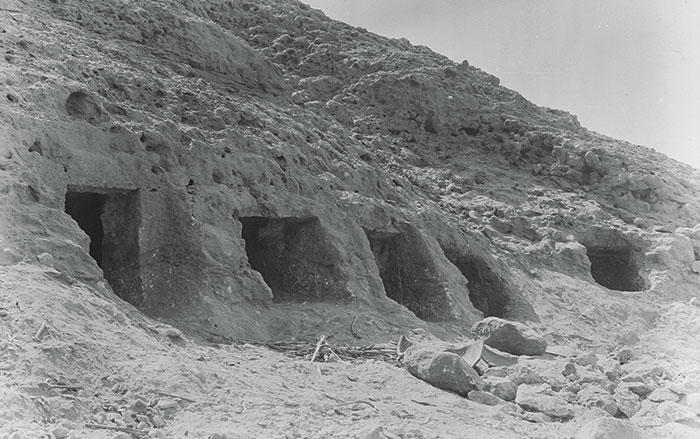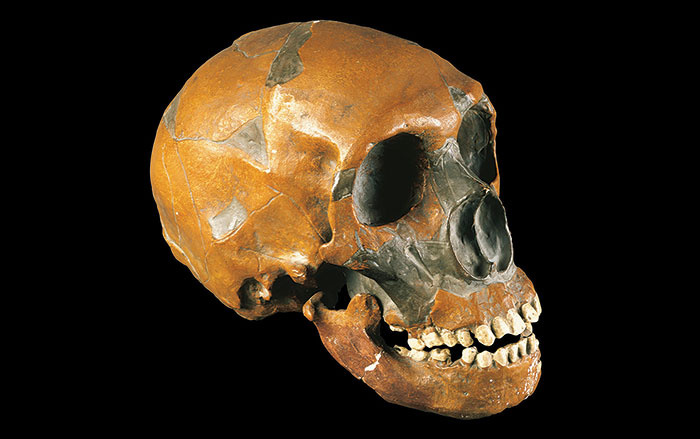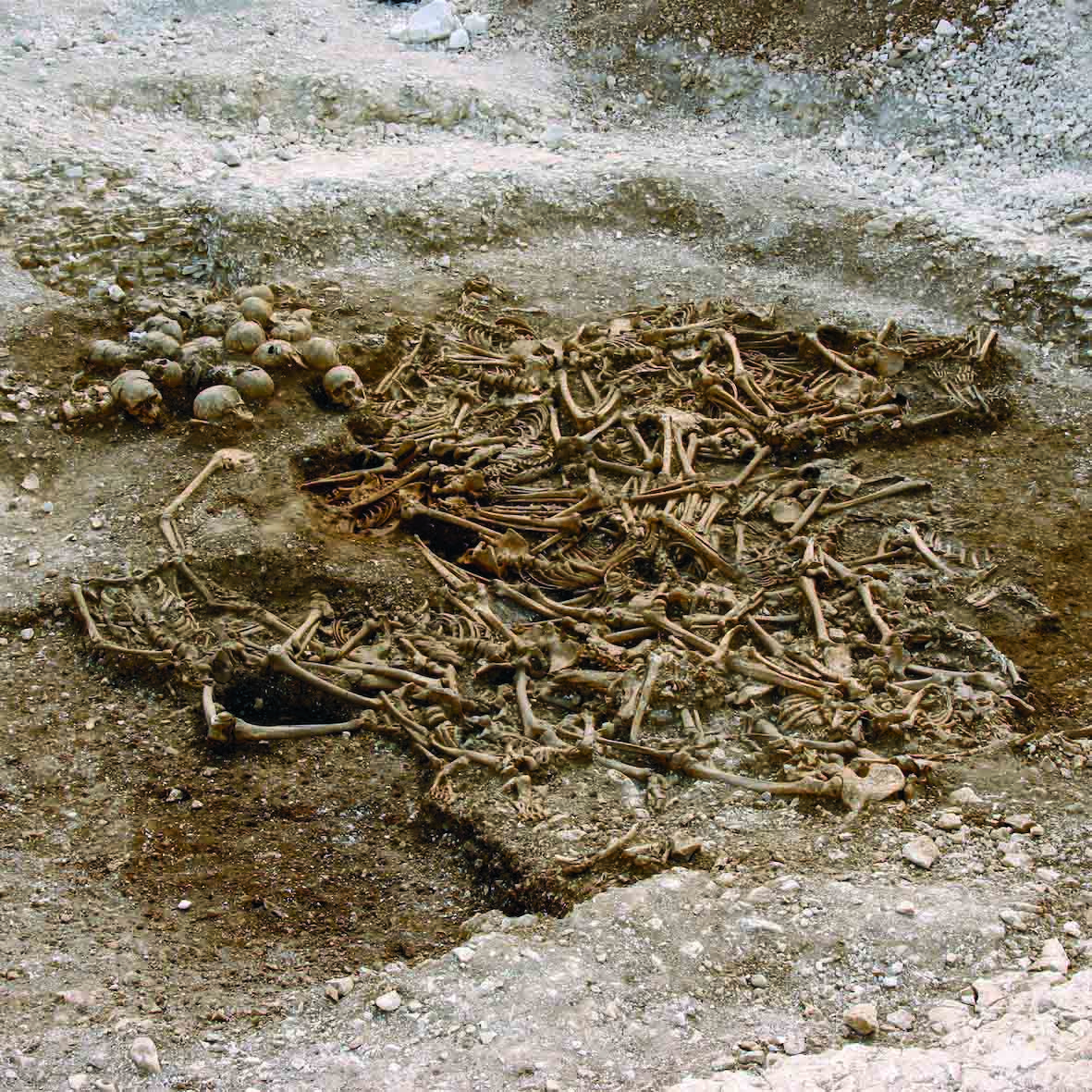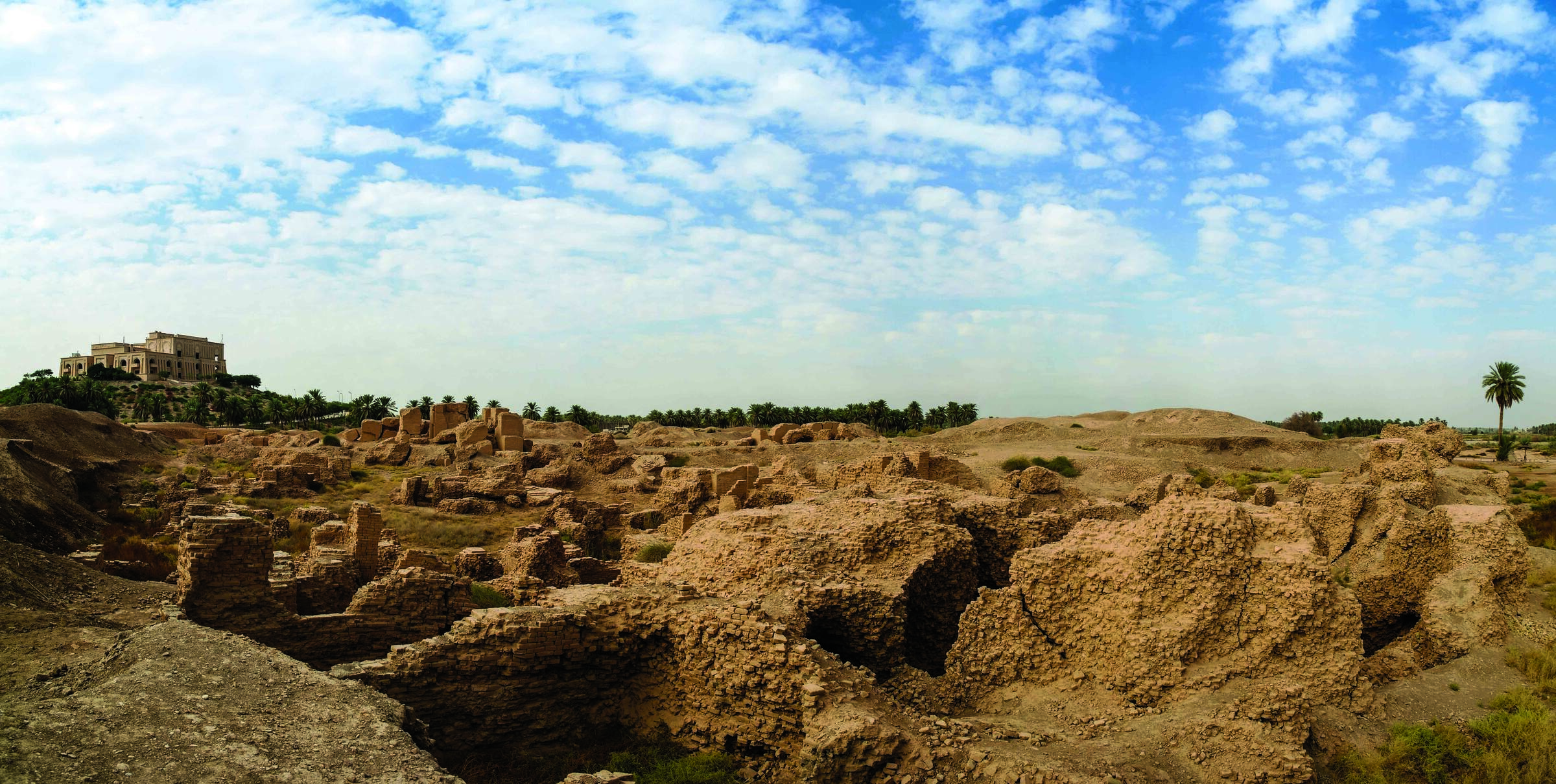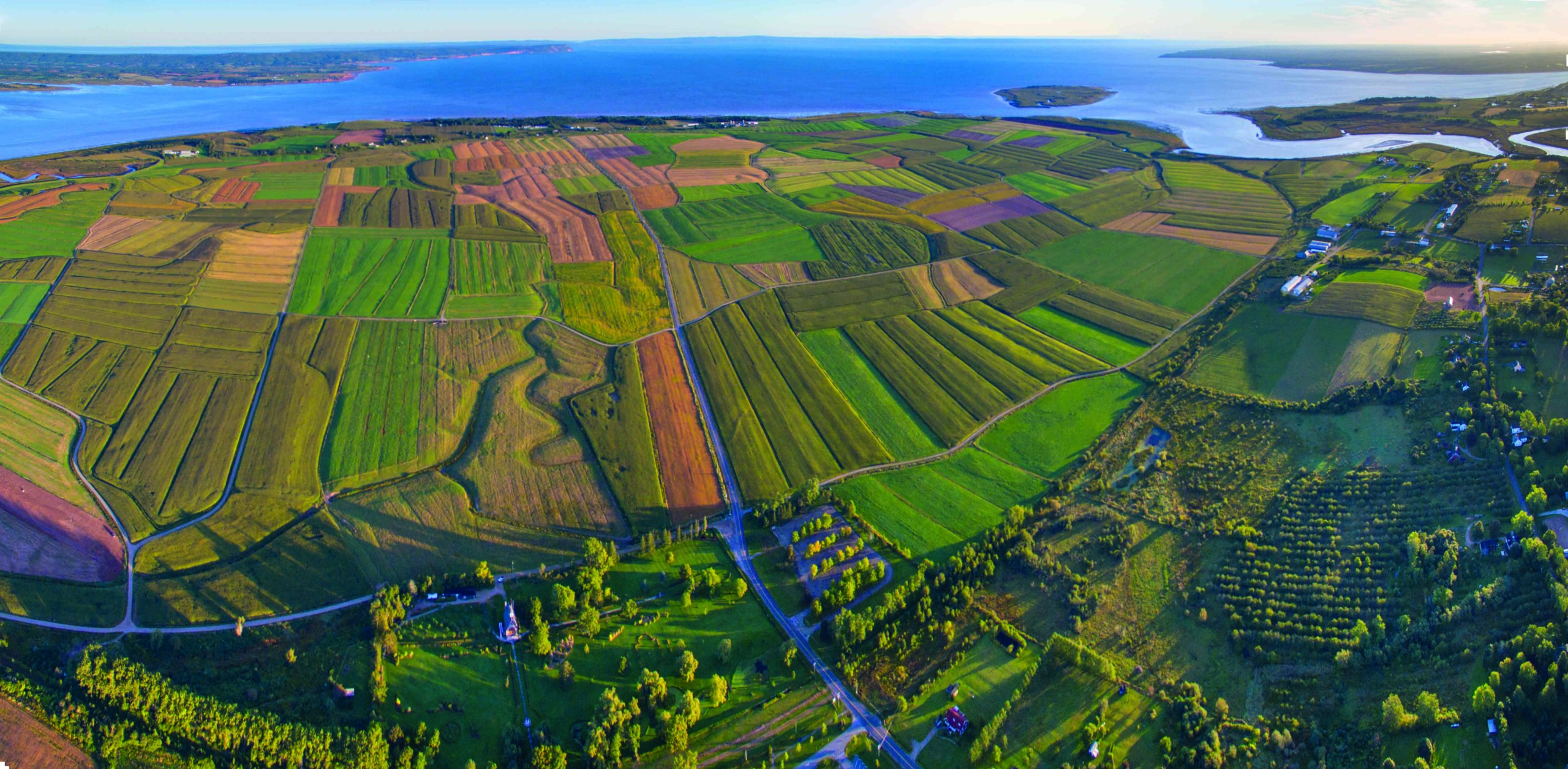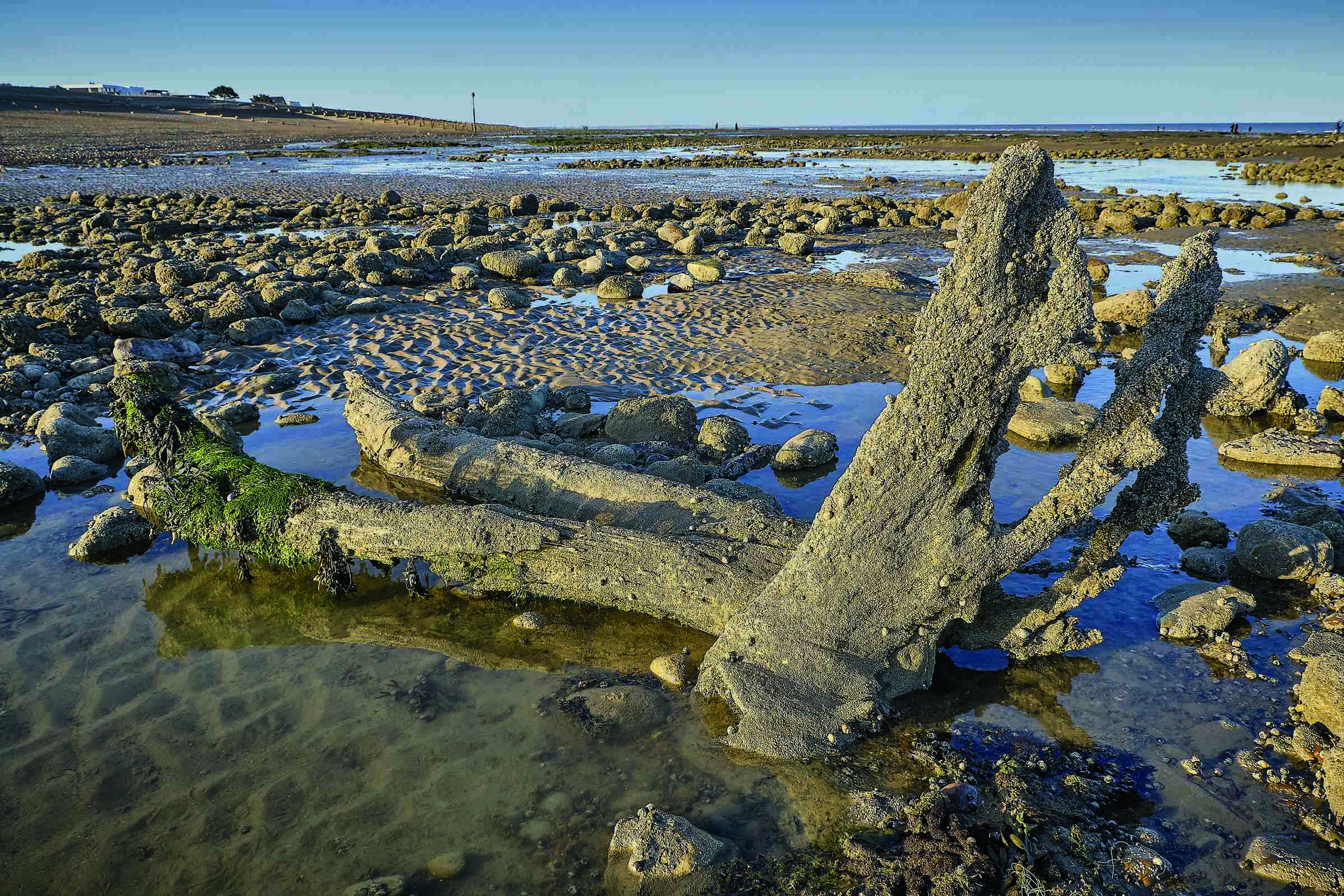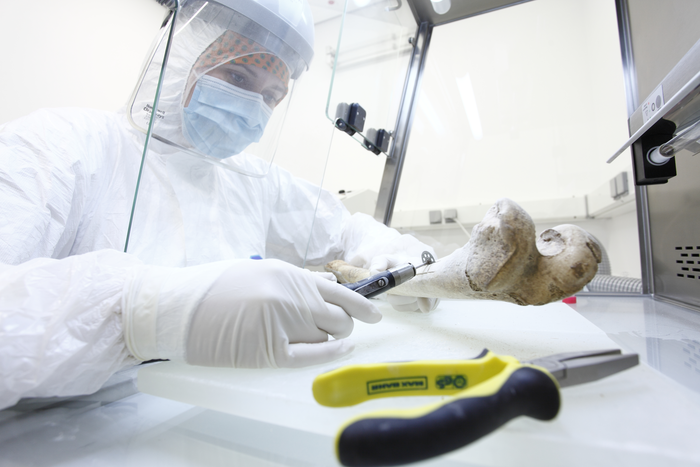
BERN, SWITZERLAND—Nature News reports that population geneticist Laurent Excoffier of the University of Bern and his colleagues sequenced the high-quality genomes of 15 hunter-gatherers and early farmers whose remains were recovered in southwest Asia, along the migration route of the Danube River, and in western Anatolia, and found that the ancient Anatolian farmers descended from the repeated mixing of hunter-gatherer groups from Europe and the Middle East. Some of these groups nearly died out some 25,000 years ago, at the height of the last Ice Age, but as the climate warmed, the populations recovered. Then, some 8,000 years ago, early farmers began to spread from Anatolia into Europe, where they occasionally mixed with local hunter-gatherers. “It’s really the spread of people, of farming communities, that brought farming further west,” Excoffier explained. Read the original scholarly article about this research in Cell. For more, go to "Europe's First Farmers."


